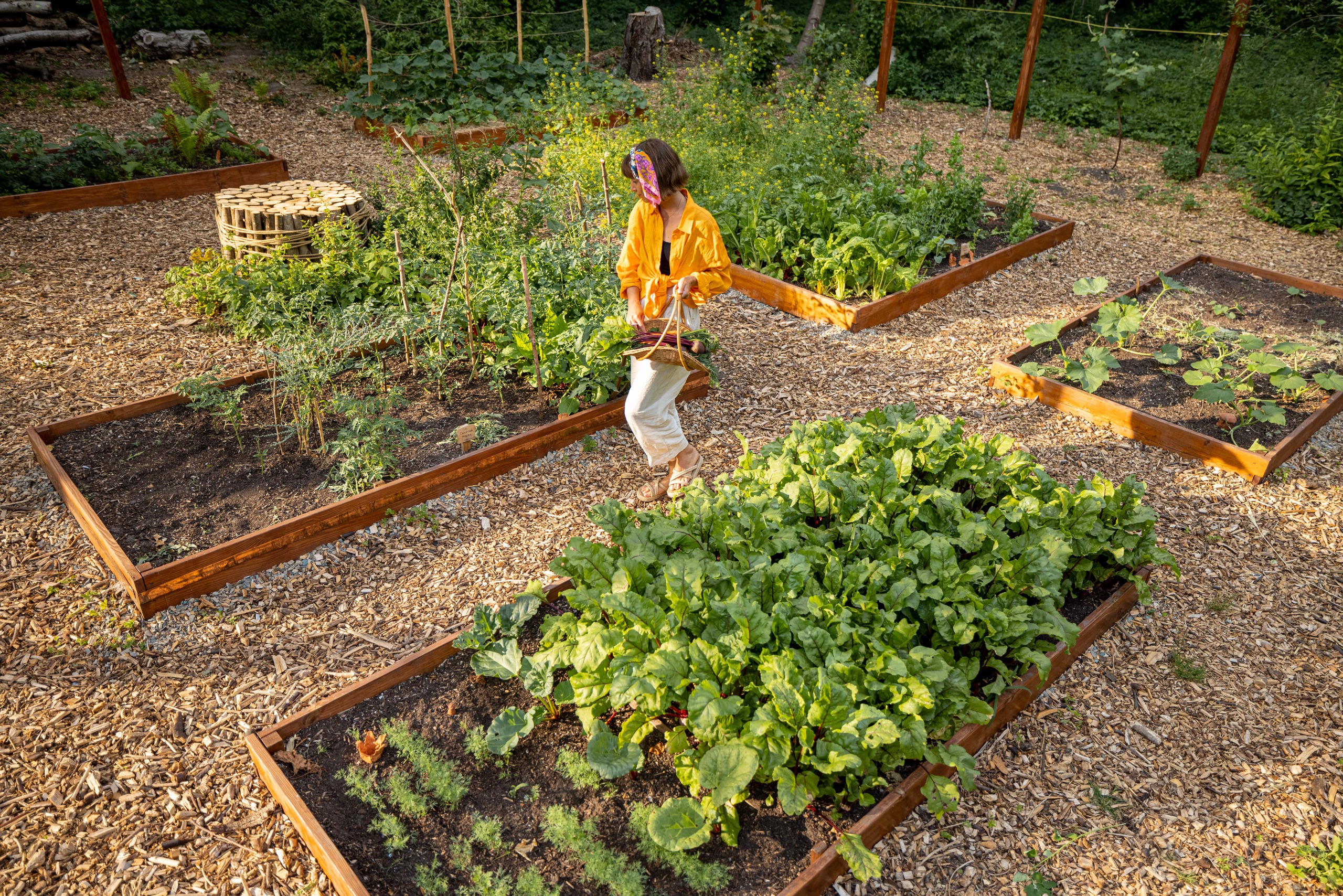Apart from a satisfying pastime, home vegetable gardening is a great approach to improve lifestyle and health. The attraction is in the freshness and taste of locally produced food, which usually beats that of commercial variants. Growing your own garden lets you have control over chemicals and pesticides in addition to eating nutrient-dense veggies. For novices, there are lots of simple, nutrient-dense choices ready for you. Perfect for first-time gardeners, vegetables such lettuce, radishes, and zucchini flourish in tiny areas and need little maintenance. Apart from providing a healthy food, these vivid plants help one to feel successful and connected to the environment. Gardening may also help with mental health, stress management, and physical exercise encouragement. Starting your gardening path with these easy-to-learn veggies will help you to experience the gratification of tending your own food supplies and profit from a better lifestyle.
Lettuce: A Versatile Salad Staple
Anyone should consider growing lettuce, but particularly if you have limited space. Small gardens or even balcony or patio container gardening would find these lush greens ideal. In a 12-inch container, you can quickly sow enough lettuce to provide a fresh salad whenever you choose. It also doesn’t need a lot of sunlight—roughly four hours a day will suffice! You may keep harvesting from your plants all through the growing season if you pay some attention to watering when it wilts and guaranteeing excellent drainage.
Apart from its simplicity of cultivation, lettuce is a nutritious powerhouse! Rich in vitamins A and K, which are fantastic for your eyesight and bone strength, it Including fresh lettuce in your meals can improve your diet dramatically and make salads more colorful and nutrient-dense. Whether you’re using it as a crisp topping for sandwiches or mix it with cucumbers and tomatoes, local lettuce gives a fresh touch you just cannot get from mass-produced choices. Why therefore wouldn’t you start your own little lettuce crop right now? Your body will appreciate you as well as your taste receptors.
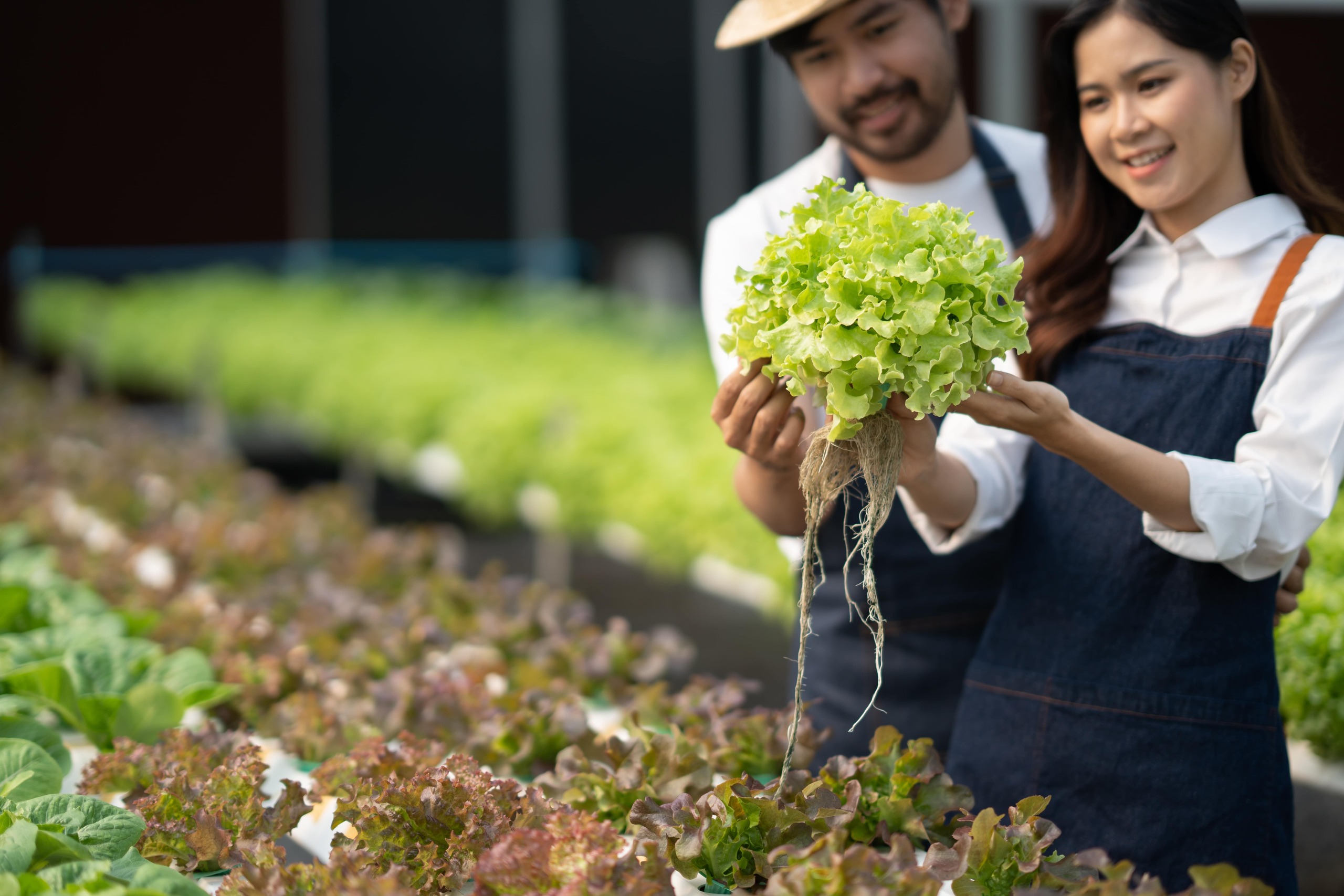
Tomatoes: A Juicy Superfood
One great approach to get fresh food straight from your own garden or patio is growing tomatoes! Small areas would benefit much from these adaptable plants, which are ideal for container gardening. A few cherry tomato pots will provide a wonderful crop that is not only tasty but also low maintenance. Sunlight is their preferred habitat; they need at least eight hours per day. Growing your own tomatoes at home may amaze you at how easy it is with consistent watering and some help from stakes or cages.
Apart from their happy growth process, tomatoes provide other health benefits. Especially lycopene, which is well-known for reducing risk of many diseases and improving heart health, they abound in antioxidants. Tomatoes are a great addition to a good diet as they let you be generally healthy. Therefore, growing your own tomatoes not only pleases your taste receptors but also supports a better lifestyle whether your preferred method is fresh in salads, roasted, or in sauces.
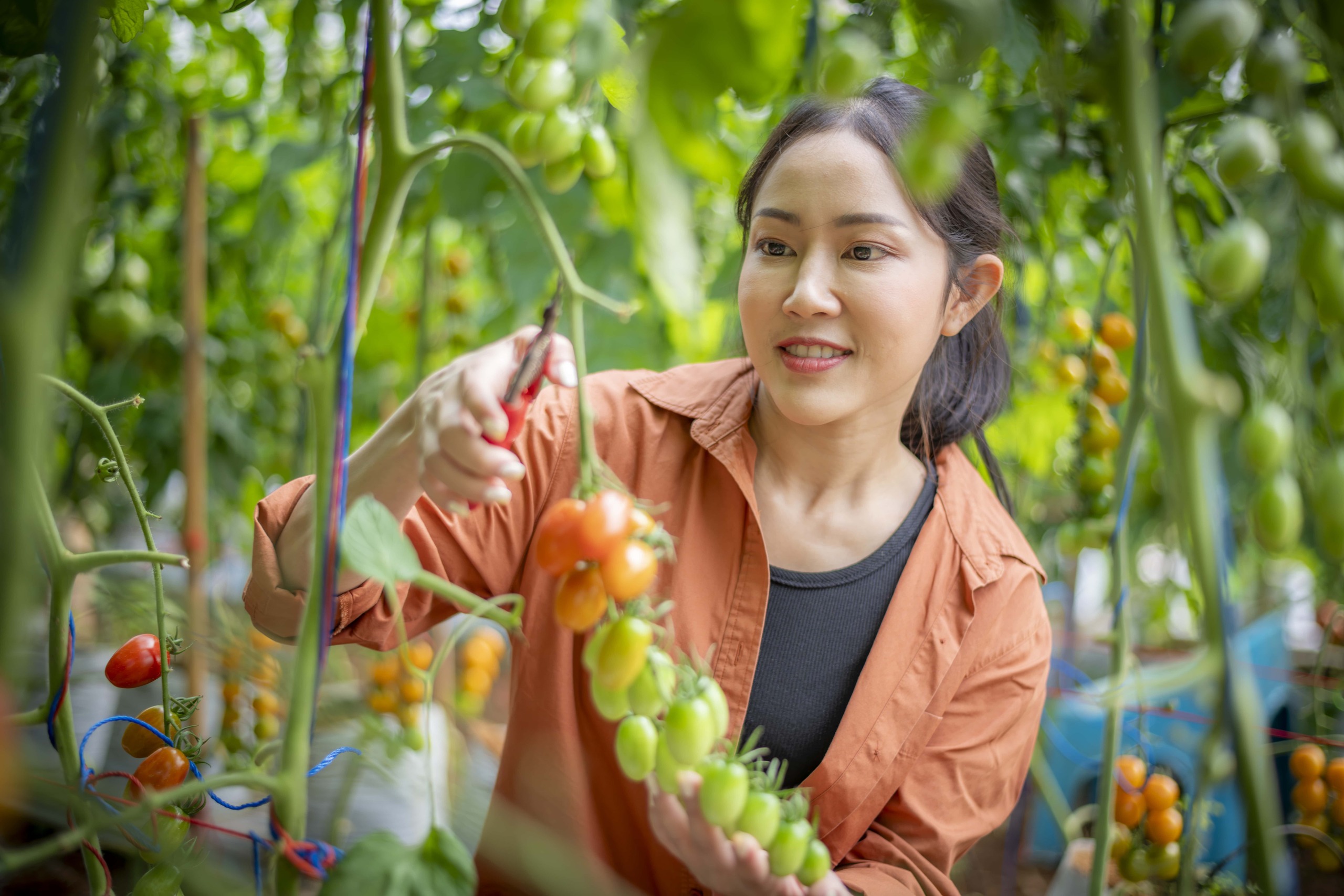
Carrots: Sweet and Nutritious Root Vegetables
various home gardeners love carrots as they are excellent crops that flourish in various kinds of environment. They may be grown practically anywhere in the United States as they flourish in Zones 3 through 10. They like chilly temperatures, hence you may even plant them before the last frost. Loose, well-composted soil that lets their roots develop unhindered appeals to carrots. They also welcome plenty of sunshine, hence choose a sunny area in your yard! One of the nicest things about carrots is they demand little care. Just keep the ground damp and ensure they are shielded from bothersome animals like deer and rabbits.
Apart from its simplicity of cultivation, carrots are bursting with nutrients, particularly in beta-carotene. Your skin will look great and eye health depends on this strong antioxidant. Actually, only half a cup of carrots has a shockingly high 73% of your daily advised vitamin A consumption! Therefore, by cultivating and appreciating these wonderful and vivid veggies, you are feeding your health as well as your taste receptors. Raw, boiled, or juiced, carrots are a good approach to improve your health.
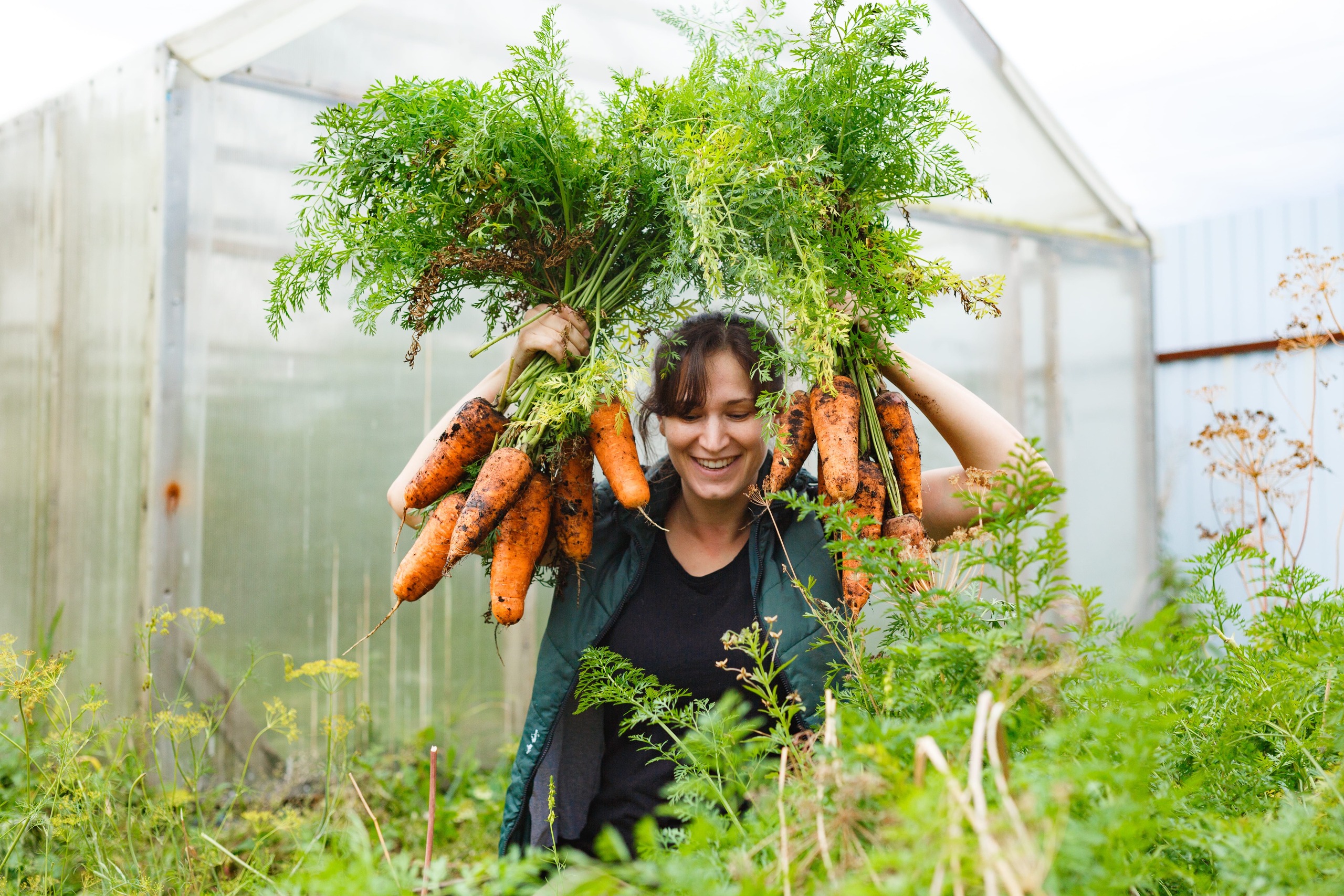
Spinach: A Nutrient Powerhouse
One of the simplest leafy greens available for growing, spinach is a great addition to pots and gardens. Both spring and autumn plantings of this adaptable plant flourish under a range of situations. Thanks to its delayed bolting character, fresh spinach is available for a long time even when the temperature rises. It also requires little care; simply make sure it receives enough sunshine and water and you will get rich, dark green leaves ideal for salads, smoothies, and cooking.
Apart from its simplicity of cultivation, spinach is quite beneficial for health. It’s a great source of iron, which maintains your energy level. Along with key minerals like magnesium and potassium, this leafy green is bursting with vitamins A, C, and K. Together, these vitamins strengthen your immune system, encourage good skin, and help to preserve strong bones. Growing your own spinach can so not only provide you pleasure but also provide a healthy powerhouse for your meals.
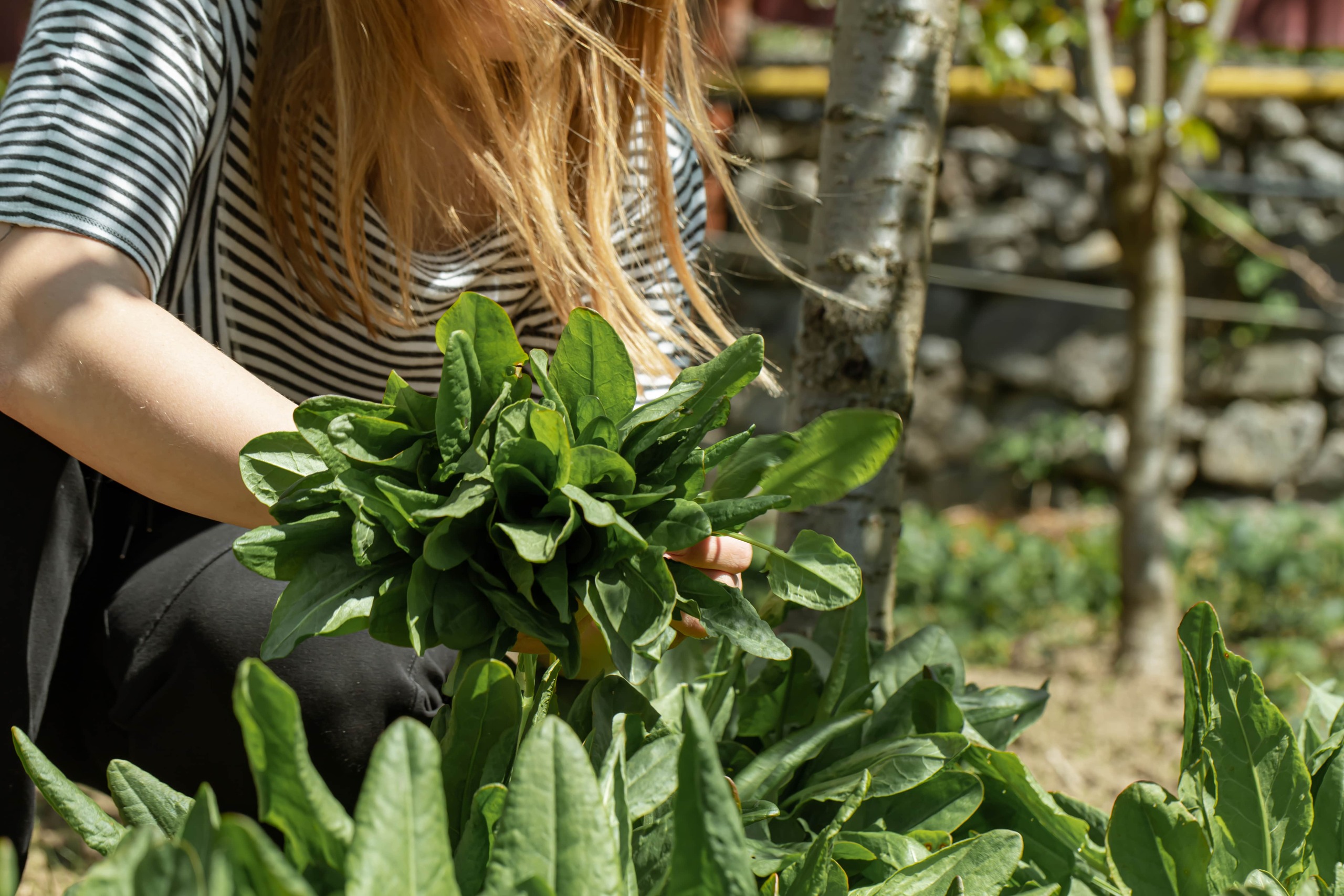
Conclusion
For both rookie and experienced gardeners, growing vegetables such lettuce, tomatoes, carrots, and spinach provides a wealth of advantages that make them perfect selections. These easy-to-grow vegetables need little upkeep and provide a plenty that may greatly improve your meals. Not only do they let you enjoy fresh, nutrient-dense produce right at your hands, but they also encourage better eating habits as homes that cultivate their own food often eat more fruits and vegetables. Starting your own garden will allow you to enjoy the nutritious benefits they provide as well as the delight of tending to plants, the gratification of knowing precisely what goes into your food, and the great taste of locally produced veggies. So why not explore and grow your own taste and health oasis?

